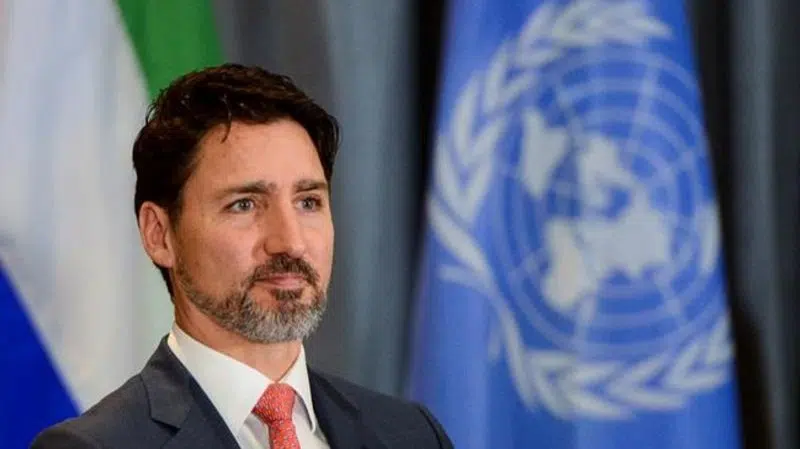
The latest on protests across Canada in support of anti-pipeline demonstrators
Here is the latest news on protests across Canada over a natural-gas pipeline project in British Columbia:
———
Victoria police said four people reported assaults during protests at the B.C. legislature on Tuesday.
In a statement today, police said their investigations are ongoing.


